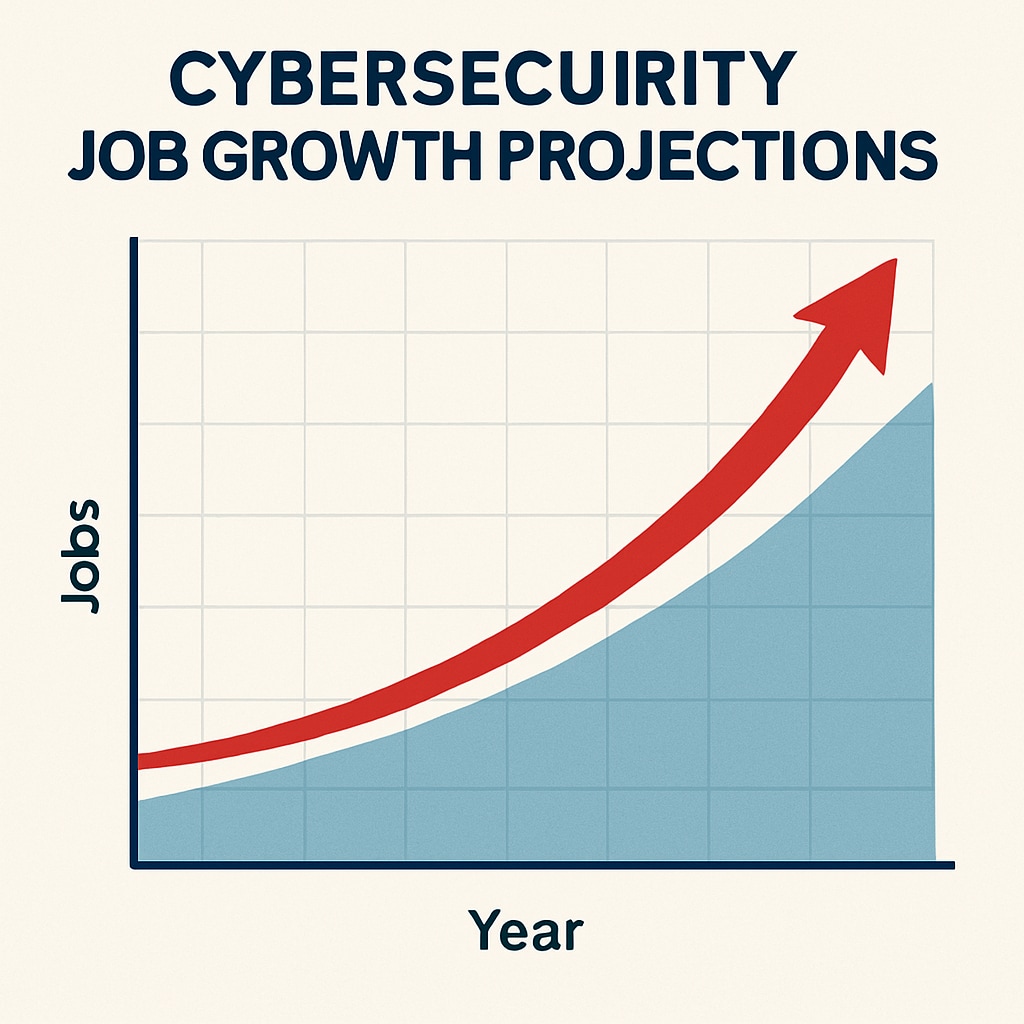In today’s interconnected world, the demand for cybersecurity professionals has surged, making it essential for K12 students and their families to consider the role of university reputation in shaping future employment opportunities. While academic prestige can open doors, practical skills often determine long-term success in the cybersecurity field. This article delves into how university reputation impacts cybersecurity job prospects and provides guidance on balancing academic excellence with hands-on training.

Why University Reputation Matters in Cybersecurity
University reputation is often seen as a stamp of quality, signaling to employers that graduates have received rigorous academic training. Institutions with strong reputations, such as Stanford or MIT, often have well-funded cybersecurity programs, cutting-edge research facilities, and partnerships with industry leaders. These factors can provide graduates with networking opportunities and access to competitive internships. As a result, attending a prestigious university can make a candidate’s resume stand out in the crowded cybersecurity job market.
However, academic prestige is not the only determinant of career success. Employers increasingly value practical skills, such as ethical hacking, penetration testing, and data encryption. Universities with less global recognition but strong hands-on programs can still equip students with the technical expertise required for cybersecurity roles. For example, institutions like Dakota State University specialize in cybersecurity training, offering certifications and real-world experience.
Balancing Academic Excellence with Practical Training
While university reputation has its advantages, K12 students should also prioritize schools that emphasize practical training. Cybersecurity is a field where theoretical knowledge alone is insufficient; professionals must demonstrate their ability to address real-world threats. For instance, many cybersecurity degree programs include opportunities to participate in cyber defense competitions or work on simulated security breaches. These experiences are invaluable for building problem-solving skills and gaining exposure to industry-standard tools.
Students should evaluate universities based on criteria such as curriculum design, faculty expertise, and internship opportunities. Additionally, they can consult rankings specific to cybersecurity education, such as those published by U.S. News & World Report or explore resources like CyberDegrees.org for detailed program reviews.

How to Evaluate Universities for Cybersecurity Careers
When choosing a university, K12 students should consider both academic reputation and program-specific attributes. Here are some key factors to evaluate:
- Accreditation: Ensure the cybersecurity program is accredited by relevant bodies, such as ABET.
- Industry Partnerships: Look for schools with collaborations with companies like Cisco, IBM, or Google.
- Alumni Success: Research alumni career trajectories to determine the program’s real-world impact.
- Certifications: Some universities offer certifications in high-demand areas like CISSP or CompTIA Security+, which can boost employability.
- Cost vs. Value: Consider tuition fees in relation to the program’s outcomes, including job placement rates and salary expectations.
In addition, students should visit campus facilities, attend open houses, and connect with current students or faculty to gain deeper insights into the program’s strengths and weaknesses.
Preparing for a Successful Cybersecurity Career
Ultimately, the goal is to align academic preparation with career aspirations. For K12 students interested in cybersecurity, choosing the right university is a crucial first step. While a prestigious university name can enhance initial job prospects, hands-on experience and certifications often have a greater impact on long-term career success.
By researching universities thoroughly and focusing on programs that offer both academic rigor and practical training, students can build a solid foundation for a thriving cybersecurity career. As the digital landscape continues to evolve, the demand for skilled professionals will only grow, making proactive planning essential for future network defenders.
For more information on cybersecurity education and career paths, explore resources like NIST or Britannica’s Cybersecurity Guide.


